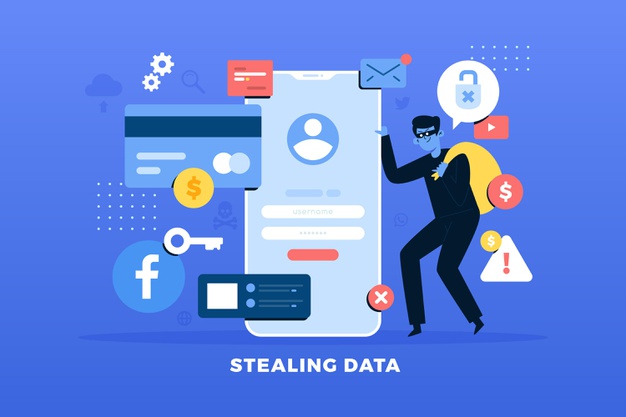Today is a global data privacy day! Is there data privacy in reality? I have identified three challenges that prove privacy is just good for conferences. Here we go:
Data privacy challenge 1: the entity called “marriage”
Many married couples lack an understanding of data privacy. To most, data privacy applies outside the home. Marrieds or folks living together do not appreciate data privacy. They need unlimited access to the other partner’s data, but not theirs. Each wants to read the other partner’s private messages addressed to them. Wants to collect and know as much personally identifiable information about the other party. Laws like the data protection and privacy (DPPA) laws of Uganda, general data protection regulation (GDPR), to mention but two, are seen as marriage killers.
As we mark the data privacy day, partners must be educated about data privacy. It is high time they respect the other partners’ personally identifiable information. No more snooping around about their private businesses, the number of bank accounts, the salary they earn, the friends they spend an evening with, and heck, their favourite club!
Data privacy challenge 2: the monster called “government”
The government can collect your data and no problem with that. In case you do not know, the government is a big structure made up of so many people. “Government” means so many public servants. It is a collective term meaning over 1 million people are allowed to access your data as they perform their “government” functions. That means, your private data in any entity can be accessed by the “government” in the public interest.
If you think privacy laws are useful, think again.
I do not see any solution for this challenge.
Data privacy challenge 3: Human stupidity
In cybersecurity parlance, we say there is no patch for human stupidity. Most of the cybersecurity breaches are occasioned by user mistakes and recklessness. No user wants to be left out.
They will happily share personally identifiable information to the public via public squares like social media. Investigators can now solve a case by conducting social media profiling alone! Once, a criminal posted a selfie while committing a crime. I do not see another level of stupidity that can beat his actions.
If you want to know what is taking place in one’s home or company, go check out their social media Facebook, WhatsApp, or Twiter page. People don’t want to be left out. When someone shares their own personally identifiable information (PII) they have no rights to privacy!
Fix: massive user training.
I could go on and on.
It is good to have laws. But it starts with the users. Are you providing only the information that they need to know? And how can an international body of sorts at the level of the UN, police the Internet? Such a body called the “United National Data Privacy Council” with a mandate to enforce data privacy laws across nations would help curtail the too much power of governments over their citizens. Otherwise, we shall continue talking, without results.
Copyright Mustapha B Mugisa, 2021. All rights reserved.







